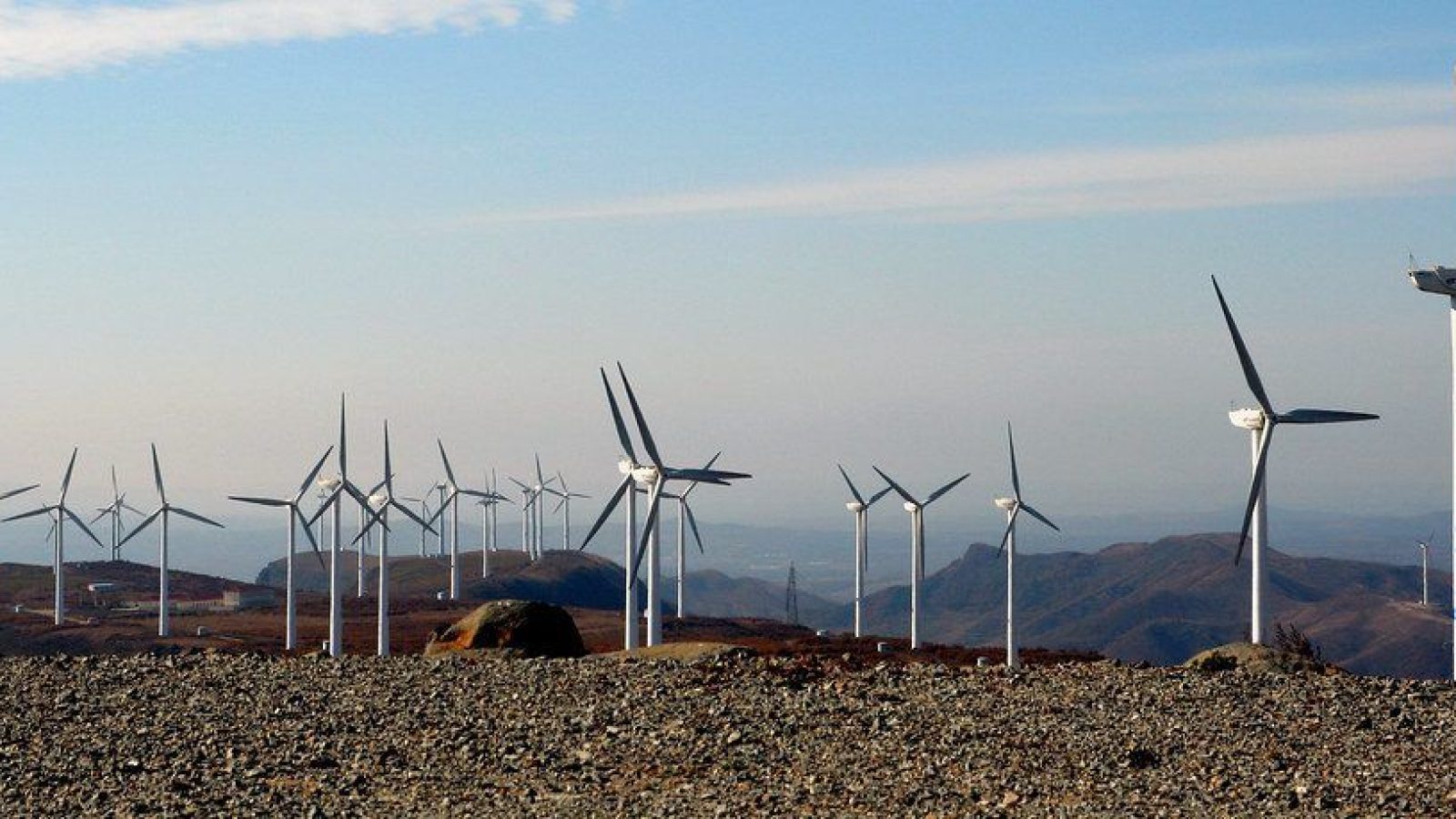JPMorgan CEO Jamie Dimon suggested that governments should seize private property to advance green energy projects, such as wind and solar farms.
Dimon pushed for eminent domain to get more ‘clean energy’ initiatives off the ground in his annual letter to shareholders.
NEW – Governments should seize private land for wind and solar farms, JPMorgan CEO sayshttps://t.co/ilv1W5YN9w
— Insider Paper (@TheInsiderPaper) April 5, 2023
“To expedite progress, governments, businesses and non-governmental organizations need to align across a series of practical policy changes that comprehensively address fundamental issues that are holding us back. Massive global investment in clean energy technologies must be done and must continue to grow year-over-year,” Dimon wrote.
“At the same time, permitting reforms are desperately needed to allow investment to be done in any kind of timely way. We may even need to evoke eminent domain – we simply are not getting the adequate investments fast enough for grid, solar, wind and pipeline initiatives,” he added.
NET ZERO THEFT – Billionaire boss of JP Morgan, tells governments to “seize private property” to build wind and solar farms.
Like they said “you will own nothing” when they’ve finished with you.
It isn’t a conspiracy theory… it’s a conspiracy against you! pic.twitter.com/YadyHrFXaC
— Elander & the News (@ElanderNews) April 5, 2023
Cont. from the JPMorgan letter to shareholders:
Policies like the Bipartisan Infrastructure Law, the Creating Helpful Incentives to Produce Semiconductors (CHIPS) and Science Act, and the Inflation Reduction Act (IRA) — that hold the potential to unlock over $1 trillion in clean technology development — need to be implemented effectively. The upside is undeniable: Widespread investing across the private sector will aid domestic manufacturing, invigorate research and development in green innovation, help create resilient supply chains, lift up local economies and build the U.S. clean energy workforce by up to 9 million jobs over the next decade. While major advances have been made in the last few years on technology to help this cause, we are hopeful that the great American innovation machine (most advancements will ultimately come from the huge capabilities and capital of America’s largest companies) will find the additional technologies that are desperately needed. There is a downside – massive, inefficient and malinvestment of capital. I talk more about this in the last section on public policy.
Polarization, paralysis and basic lack of analysis cannot keep us from addressing one of the most complex challenges of our time. Diverse stakeholders need to come together, seeking the best answers through engagement around our common interest. Bolstering growth must go hand in hand with both securing an energy future and meeting science-based climate targets for future generations.
Will Jamie Dimon support eminent domain on his private property?
Yeah, I highly doubt it.
Banking moguls and political elites will advocate for extreme policies to battle fictional climate change when working-class men and women face the impact.
However, they’ll never insist on those same policies applying to them.
Daily Caller reported:
Dimon’s suggestion comes just weeks after the Iowa state House passed a bill that would limit carbon pipeline companies’ ability to exercise eminent domain. Under the bill, the companies would need to reach voluntary deals to buy 90% of the land needed before they could use eminent domain, according to the Des Moines Register.
Democratic state Rep. Steven Holt said the legislation was about protecting private property rights, according to the Des Moines Register.
“Regardless of the economic gain or the benefit to certain industries or groups of people, this fundamental liberty must not be for sale,” Holt said, per the outlet. “If these pipeline projects are essential to ethanol and agriculture, let them be built through voluntary easements and not by allowing the blunt force of government to be used to shatter this fundamental birthright we all share as Americans.”



Join the conversation!
Please share your thoughts about this article below. We value your opinions, and would love to see you add to the discussion!